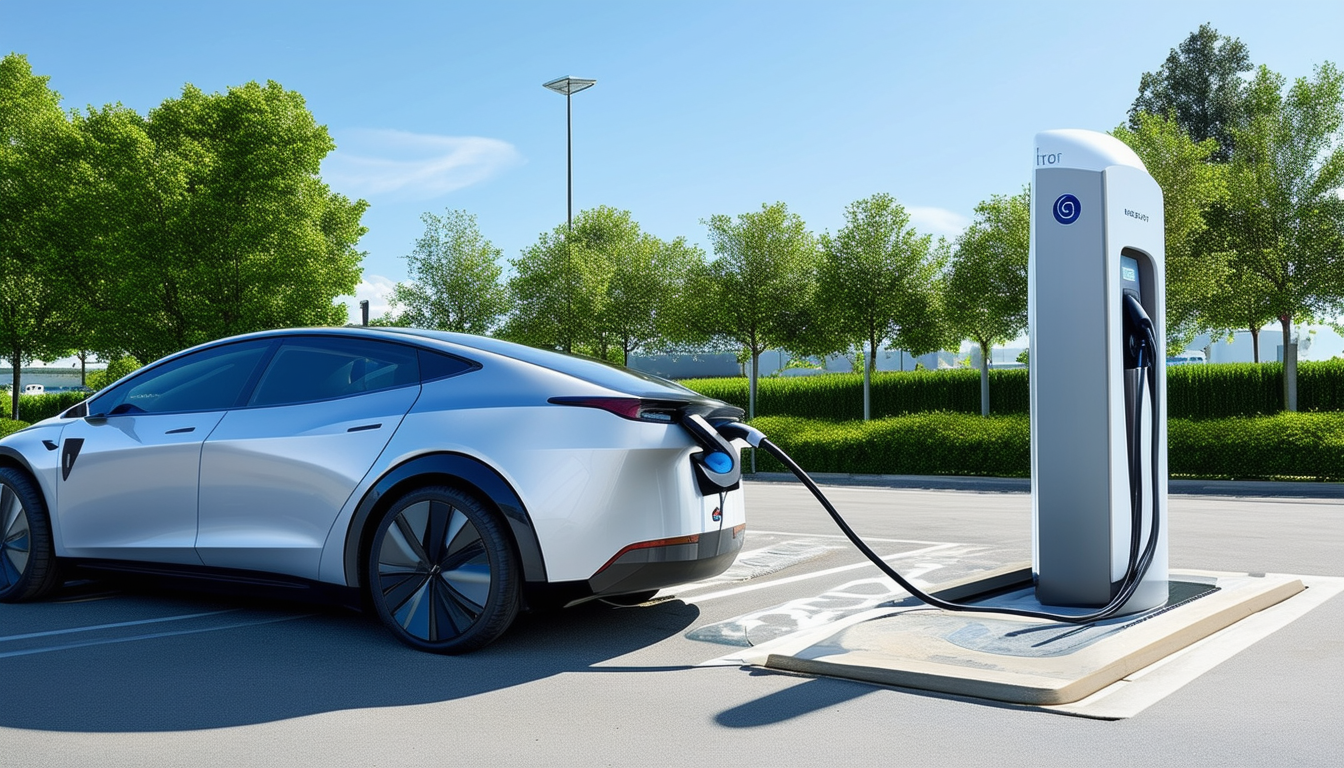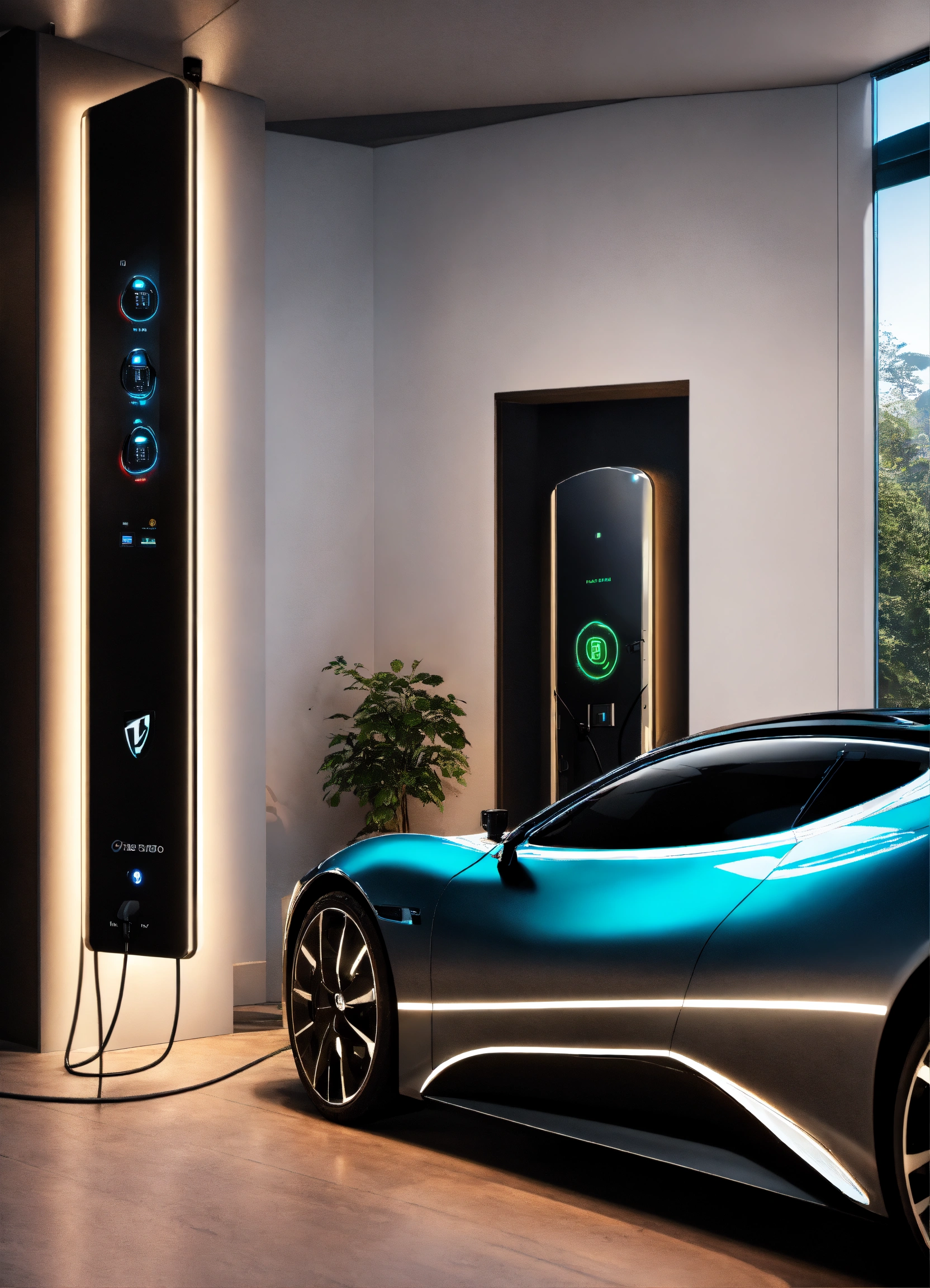
Electric vehicles (EVs) are not just the future; they are the present, driving significant changes in how we think about transportation and sustainability.

Revolutionary Battery Technologies
Battery technology is at the heart of the electric vehicle revolution. Recent advancements have significantly increased the range and efficiency of EVs. Solid-state batteries, for instance, are showing promise with higher energy densities and faster charging times compared to traditional lithium-ion batteries.
Researchers are also exploring the use of silicon anodes and other innovative materials to further enhance battery performance. These advancements not only improve the driving experience but also address concerns about the environmental impact of battery production and disposal.
Advanced Charging Infrastructure
The expansion of EV charging networks is crucial for the widespread adoption of electric vehicles. High-speed charging stations, capable of delivering a full charge in under 30 minutes, are becoming more common along major highways and in urban areas.
Innovations such as wireless charging and vehicle-to-grid (V2G) technology are also emerging. Wireless charging eliminates the need for physical connectors, while V2G allows EVs to feed energy back into the grid, supporting energy management and sustainability efforts.
Autonomous Driving and AI Integration
Autonomous driving technology is rapidly evolving, with many EVs now equipped with advanced driver-assistance systems (ADAS). These systems use artificial intelligence and machine learning to provide features like adaptive cruise control, lane-keeping assistance, and automated parking.
Full self-driving capabilities are on the horizon, promising to transform the way we commute and travel. AI integration also enhances vehicle safety, reducing the risk of accidents and improving overall traffic flow.
Sustainable Materials and Manufacturing
Sustainability in EV manufacturing extends beyond the vehicle’s operation to the materials and processes used in production. Companies are increasingly adopting eco-friendly materials, such as recycled plastics and bio-based composites, to reduce their environmental footprint.
Manufacturing practices are also evolving, with a focus on reducing energy consumption and waste. Innovations in this area not only make EVs more sustainable but also set new standards for the automotive industry as a whole.
Government Policies and Incentives
Government policies play a vital role in promoting the adoption of electric vehicles. Many countries offer incentives such as tax credits, rebates, and subsidies to make EVs more affordable for consumers.
Regulations aimed at reducing carbon emissions and improving air quality are also driving the shift towards electric mobility. These policies encourage automakers to invest in EV technology and infrastructure, accelerating the transition to a more sustainable transportation system.


